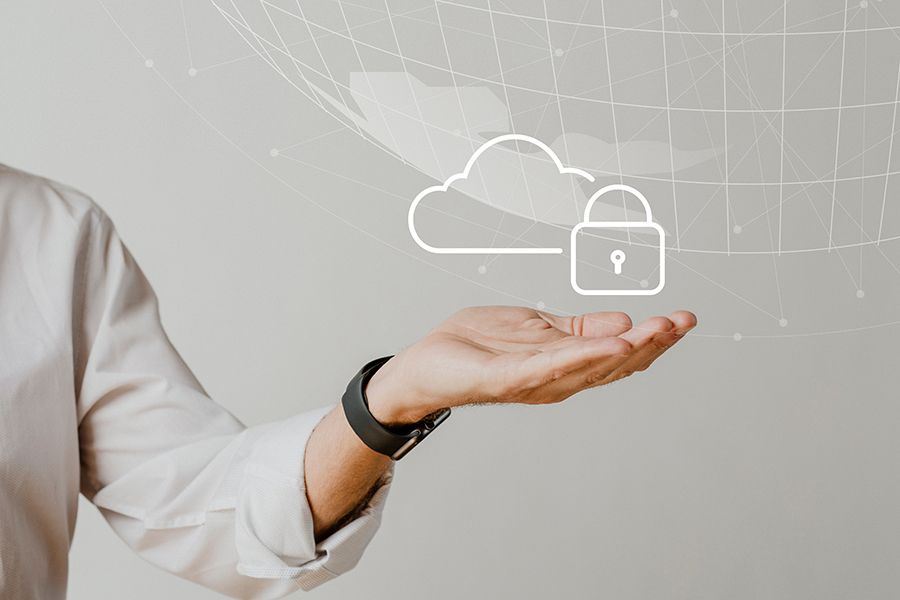For businesses looking to streamline marketing efforts, improve customer experiences, and grow revenue, marketing automation has become essential. However, the need to protect sensitive customer data has become even more important as we rely more on data. In addition to tarnishing a brand’s reputation, data breaches can lead to severe legal and financial consequences. We explore best practices businesses can use to ensure the security and privacy of customer data in marketing automation, and what we do to make sure customers’ data is safe.
Importance of data security
As data breaches keep making headlines and privacy concerns grow among consumers, businesses need to make data protection a foundational pillar of their marketing automation strategy. As you may have heard in the news, many giant companies have faced problems in this field. Business needs to understand the value of customer data, the risks of data breaches, and their regulatory obligations as data protection becomes more important.
The Value of Customer Data
Marketers can turn generic mass communication into personalized interactions that resonate with individual customers by using customer data. Platforms that handle marketing automation collect and consolidate data from all kinds of sources, like websites, mobile apps, email campaigns, social media interactions, and customer service. The data includes:
- els and frequency of interactions help tailor outreach.
With this data, businesses can create hyper-targeted marketing campaigns that resonate with each customer. Businesses can segment their audience based on shared characteristics or behaviors, allowing for more relevant and timely communication.
The Risks of Data Breaches and Misuse
Businesses and customers are at risk from data breaches and misuse. Whether external hackers or insider threats attack a business’s marketing automation system, sensitive customer data can be compromised. Data breaches can have serious consequences:
- Backlash on social media and negative media coverage can further damage your reputation.
Businesses need to keep an eye out for internal data mishandling, too. It’s important for employees who have access to customer data to get trained on data protection policies and security best practices.
Building Customer Trust and Loyalty
Data breaches and privacy scandals are making customers more aware of how their data is used. People expect businesses to handle their personal information responsibly. Customers’ trust and loyalty can be built and maintained by prioritizing data protection and adopting robust security measures.
Trust is built on transparency. Data practices should be communicated clearly to customers, including how data is collected, used, and secured. Consent mechanisms and privacy policies should be easy to understand. Customers feel more confident sharing information with brands when they have control over their data, such as opting out of data collection.
It’s also important to be proactive when it comes to data breaches. A well-defined incident response plan helps businesses deal with security incidents quickly, minimizing the impact on customers and notifying them quickly. Communicating data breaches honestly builds credibility and shows that you care about your customers.
Tech companies getting hacked teach us to be honest. Report everything that happened and let users know what data was stolen.

Best Practices for Data Protection in Marketing Automation
Customer data needs to be protected in marketing automation. Businesses can safeguard sensitive information, comply with data protection regulations, and build trust with their customers by implementing best practices. We’ll cover key steps businesses can take to strengthen data protection in marketing automation.
Implementing Robust Data Security Measures
- Data Encryption: Put strong encryption protocols in place to keep your data safe, both at rest and in transit. By encrypting data, unauthorized people can’t read it. Security is ensured with technologies like SSL/TLS for data transmission and encryption algorithms for stored data.
- Restriction of access to customer data: Make sure only authorized people have access. Use role-based access controls so employees only have access to the data they need. Sensitive information can’t be viewed or manipulated unauthorized.
- Data Anonymization: Anonymize or pseudonymize customer data where possible. Data can be used for analytical purposes while protecting customer identities by removing personally identifiable information (PII).
Maintaining Data Quality and Accuracy
- Cleaning customer data: Remove duplicates, outdated info, and inaccuracies regularly. Clean data ensures marketing efforts are directed at the right audience and minimizes the risk of errors.
- Data retention policies: Lay out how long customer data will be kept. Reduce the risk of a data breach by not retaining data longer than necessary.
Usermost and data security
Usermost team adheres to industry best practices and implements robust data protection measures to ensure the security of customer data. Data encryption prevents unauthorized access to sensitive customer information at rest and in transit. Access controls make sure that only authorized personnel have access to customer data, based on their roles. Our tools and features help businesses comply with all relevant data protection regulations, including GDPR, CCPA, and LGPD. To keep data quality and accuracy, regular data cleansing practices and data retention policies are in place. Real-time security threats can be identified and responded to through continuous monitoring and detection mechanisms, such as intrusion detection systems and anomaly detection. We’ve got a dedicated incident response team and a comprehensive data breach response plan, so we can handle security incidents quickly and transparently. By prioritizing data protection at every step of the marketing automation process, Usermost ensures businesses can confidently use customer data to deliver personalized and impactful marketing campaigns, all while protecting customer privacy and building long-lasting customer relationships.
